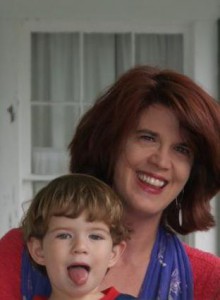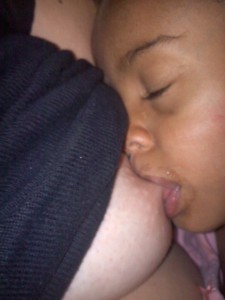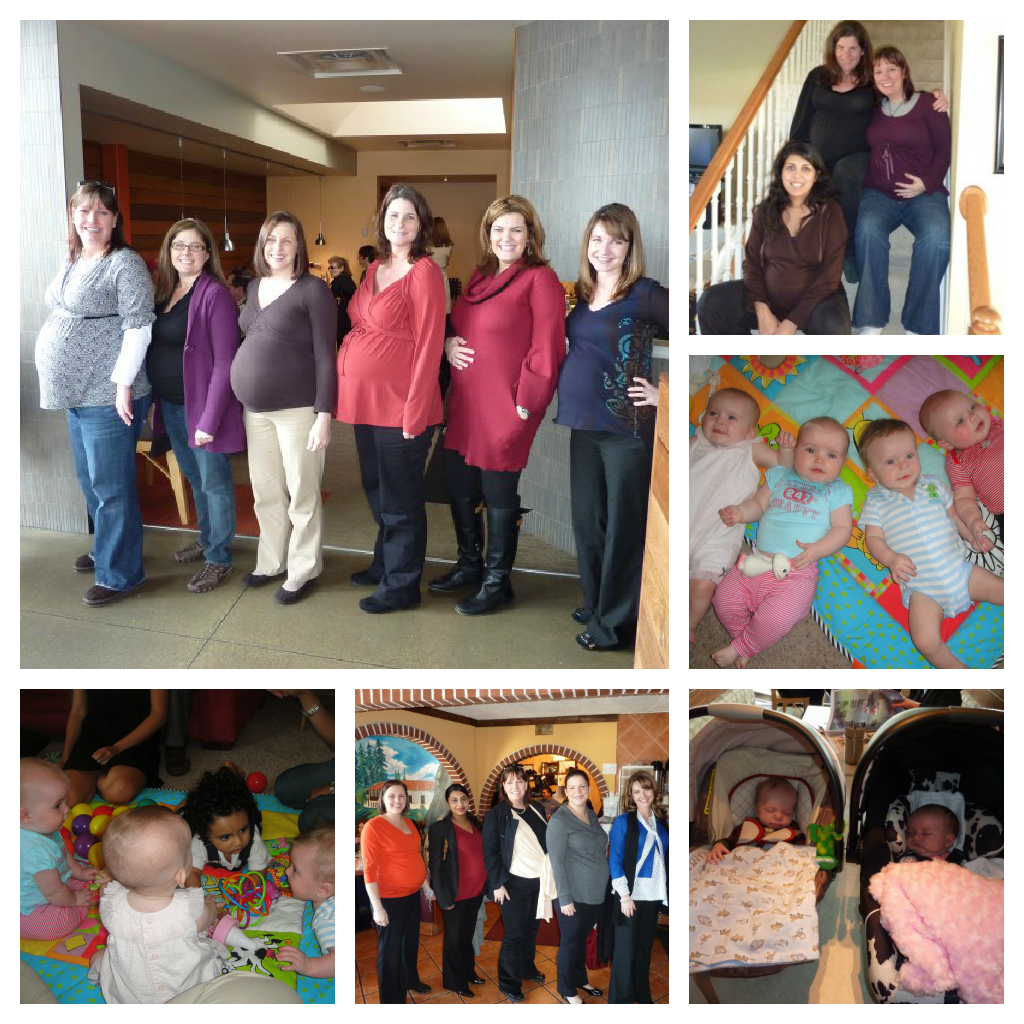We are delighted to feature a guest post by Dionna Ford of Codename: Mama. Here, she flips perspective from our viewpoint as parents to that of children, as a reminder that what they experience is not the same thing as what we observe.
The Importance of Empathizing with Children
by Dionna Ford
Let’s try a couple of exercises. Ready?
- Grab a mirror, a piece of paper, and a pen. Using your non-dominant hand (the hand that you usually do not write with), make a five item to do list. Here’s the catch: you are not allowed to look at your hand or the paper while writing – you may only look at the mirror.
- Try doing the same thing, but have someone standing over you telling you what you’re doing wrong. Or how to do it correctly. Or telling you that you only have five minutes to complete the task. Or demanding that you not be frustrated at your inability to complete the task.
No really – do it! Even if you just try to write with your non-dominant hand, you should be feeling a little frustrated, yes?
With thanks to The Artful Mama for the mirror writing idea.
Now, imagine this scene: your child is trying to master a new task. Her face is scrunched up in concentration, her fingers are fumbling to get it right, she tries again and again.
This goes on for days. Maybe she is trying to dress herself. Tie her own shoes. Hit a ball thrown to her.
With each new attempt that does not produce the results she wants, the frustration grows. Often, she dissolves into tears or tantrums, literally collapsing with heavy feelings of defeat and frustration.
And while your child is breaking down, you are there dealing with your own emotions. Perhaps you feel helpless, wishing you could deposit the necessary motor skills or knowledge into her brain. Sometimes you feel annoyed, because she’s taking so long and you have places to go. Often you just want to take over, to end the crying.
Grown-ups sometimes forget what it is like to be little. Children have to rely on us for so many things that they wish they could do themselves. And learning to do those things is often a tough process.
The Little Boy and the Old Man
Said the little boy, “Sometimes I drop my spoon.”
Said the old man, “I do that, too.”
The little boy whispered, “I wet my pants.”
“I do that too,” laughed the little old man.
Said the little boy, “I often cry.”
The old man nodded, “So do I.”
“But worst of all,” said the boy, “it seems
Grown-ups don’t pay attention to me.”
And he felt the warmth of a wrinkled old hand.
“I know what you mean,” said the little old man.— Shel Silverstein
I find that whenever I am feeling frustrated with my child’s behavior or actions, it helps to put myself in his shoes – to think of a situation where I have felt similar emotions. Empathizing with my children is a key component to my practice of two of the API principles: Responding with Sensitivity and Practice Positive Discipline.
In his book, Nonviolent Communication, Marshall Rosenberg describes empathy as “‘a respectful understanding of what others are experiencing.’ Empathy is simply being with a person, non-judgmentally as they are without offering advice, validation, or solutions.”
The exercise above is meant to be one that facilitates empathy. To give you a concrete experience to reflect on the next time your child struggles to master a seemingly simple task. Having this memory tucked away will enable you to sit patiently with your child as a compassionate and supportive presence.
How do you practice empathy with your child?
How do your nurture empathy in your child?
___________________
Dionna is a lawyer turned work at home mama of two amazing kids, Kieran and Ailia. You can normally find Dionna over at Code Name: Mama where she shares information, resources, and her thoughts on natural parenting and life with little ones. Dionna is also cofounder of Natural Parents Network and NursingFreedom.org, and author of For My Children: A Mother’s Journal of Memories, Wishes, and Wisdom.











 Becoming a first-time parent is so life-changing that you can find yourself needing support in ways you are not used to. Whether that’s education during pregnancy to learn more about the kind of birth you want to have, breastfeeding support immediately after your baby comes, family and friends who can help give you a much-needed break from time to time, or parenting advice and counsel as your baby transitions into toddlerhood – it’s good to have a network of fellow parents you can count on. Read more to
Becoming a first-time parent is so life-changing that you can find yourself needing support in ways you are not used to. Whether that’s education during pregnancy to learn more about the kind of birth you want to have, breastfeeding support immediately after your baby comes, family and friends who can help give you a much-needed break from time to time, or parenting advice and counsel as your baby transitions into toddlerhood – it’s good to have a network of fellow parents you can count on. Read more to 
